Supporting employees with ADHD
ADHD (Attention Deficit Hyperactivity Disorder) can have a significant impact on individuals in the workplace, but with the right strategies and adjustments, people with ADHD can perform effectively. This blog will explore how ADHD affects work performance, the challenges it can present, and potential solutions for both employees and employers.
Common Challenges Faced by
Employees
with ADHD
Individuals with ADHD may find it challenging to meet deadlines, prioritise tasks, and estimate how long tasks will take.
Sustaining attention can be difficult for those with ADHD, and they may become easily distracted, especially in busy or open-plan office environments.
Procrastination or trouble starting tasks is a frequent issue. Even when tasks are begun, maintaining focus until completion can be difficult, particularly if the task is perceived as long winded.
Emotional regulation can be affected, leading to heightened stress, frustration, or impulsive reactions in high-pressure situations.
Strengths of Employees with ADHD
Despite the challenges, people with ADHD often bring valuable strengths to the workplace:
Many individuals with ADHD are creative thinkers, often approaching problems in unique ways.
In areas of strong interest, they can experience periods of intense focus, allowing them to complete tasks with great precision.
When motivated, individuals with ADHD can bring a lot of energy and enthusiasm, which can inspire others in the workplace.
Many with ADHD are naturally adaptable, handling change and new challenges with flexibility.
Strategies for Employees with ADHD
Breaking large projects into smaller, more manageable steps can help prevent feeling overwhelmed and make it easier to get started.
Utilise apps, timers, and calendars to track deadlines, set reminders, and plan out the day.
Developing consistent daily routines can improve focus and productivity.
Reduce distractions by working in a quiet space, using noise-cancelling headphones, or avoiding multitasking.
Using visual cues, such as to-do lists or noticeboards, can help stay organised and prioritise tasks effectively.
Taking short, regular breaks can help maintain focus and reduce mental fatigue.
How Employers Can Support Employees with ADHD
Consider flexible hours, remote working options, or allowing employees more control over their schedule, which can help them manage distractions and work during their most productive times.
Ensure tasks and expectations are communicated clearly, both verbally and in writing. Providing checklists or using project management tools can help employees stay organised.
Offer quiet workspaces or allow employees to use noise-reduction tools. A more flexible office layout can also help accommodate different working styles.
Provide training or workshops on time management, organisation, and task prioritisation to help employees develop these skills.
Regular, constructive feedback helps ADHD employees stay on track. Frequent check-ins can also help assess workload and address any difficulties early on.
Under the Equality Act 2010, employees with ADHD are entitled to reasonable adjustments, such as extended deadlines, flexible working hours, or the use of productivity tools or software
ADHD in the workplace presents both challenges and opportunities. With the right strategies and reasonable adjustments, employees with ADHD can leverage their strengths. Employers who embrace neurodiversity and create an inclusive environment can benefit from the creativity, enthusiasm, and adaptability that many individuals with ADHD bring to their roles.





